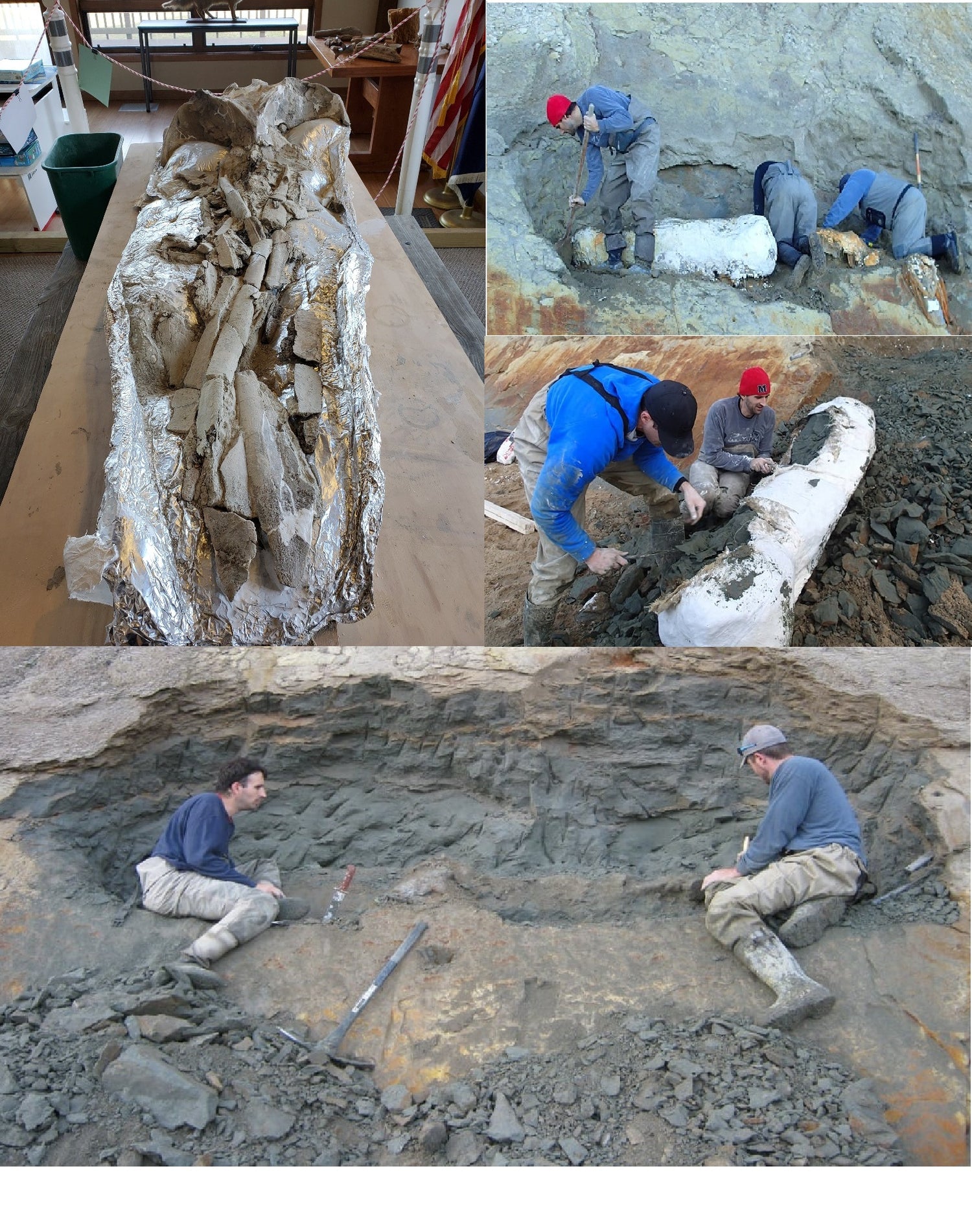Contributions to paleontology
New species and genus
This section contains new genus and species that have been found by us and donated to various museums and institutions. Finding new genus and species is not easy. We have easily donated over 25,000 specimens to various museums and instutions and the below items are the only ones so far that were new to science. Multiple other papers are in the works, hopefully this section is updated soon!
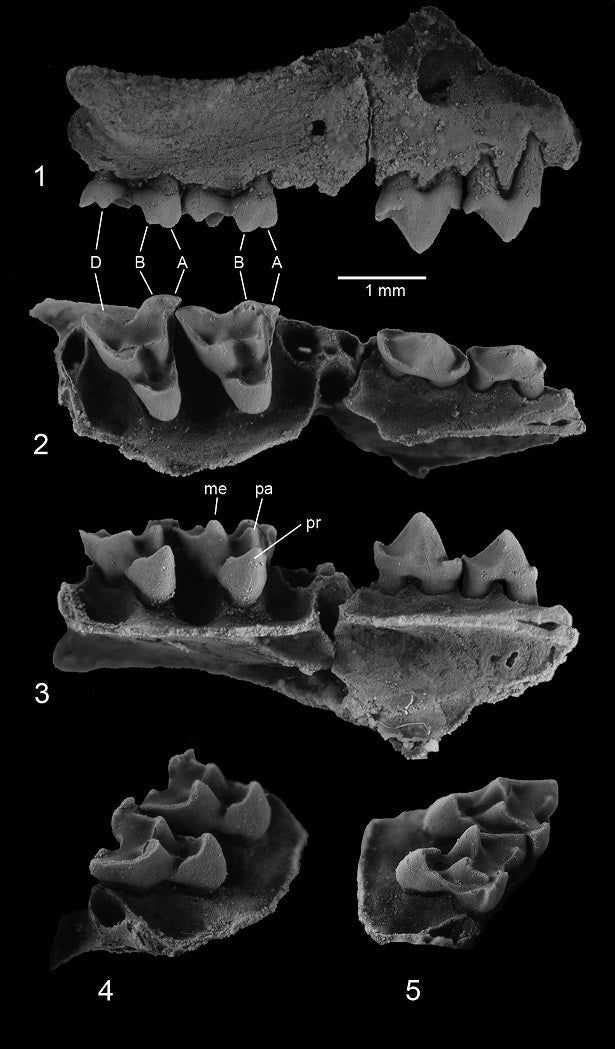
Peradectes gulottai
New Species of Eocene
opossum, representing the smallest opossum species known and is the first Early Cenozoic marsupial known from the Atlantic Coastal Plain.
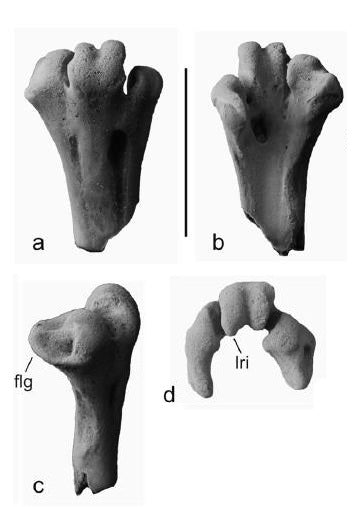
Eostrix gulottai
New Species of Eocene
owl representing the smallest owl species known.
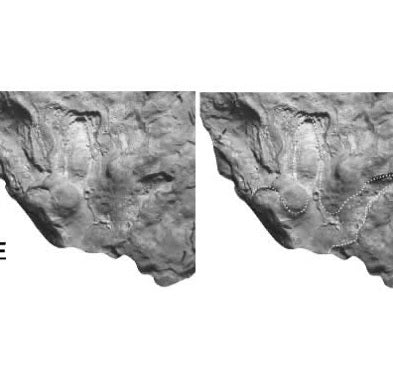
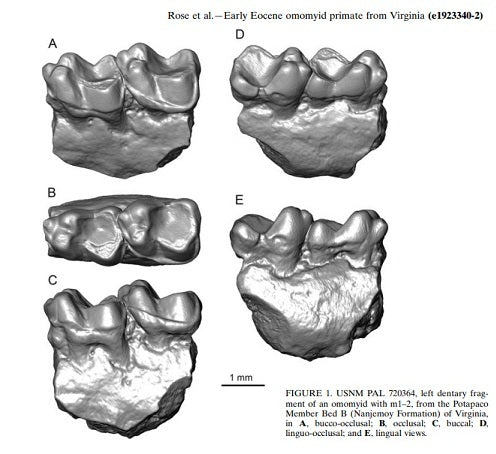
Teilhardina Sp.
Eocene omomyid from the Nanjemoy formation. It almost certainly represents a previously unknown species and is the first fossil primate from the Atlantic coastal plain
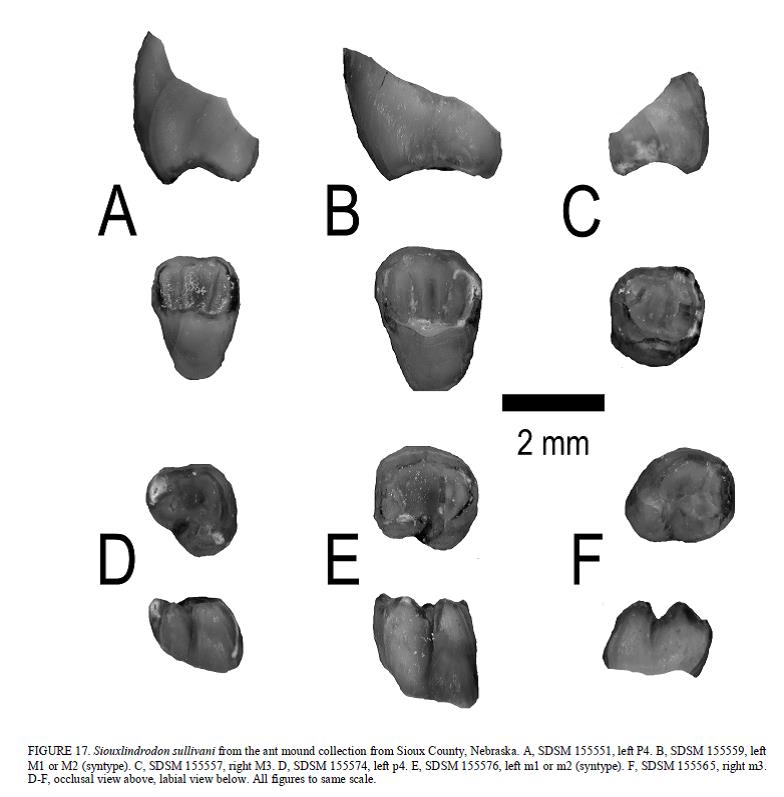
Siouxlindrodon sullivani
New Species of Eocene rodent from the big cotton wood creek member, Chadron formation of the white river badlands. This represents a new genus and therefore a new species as well
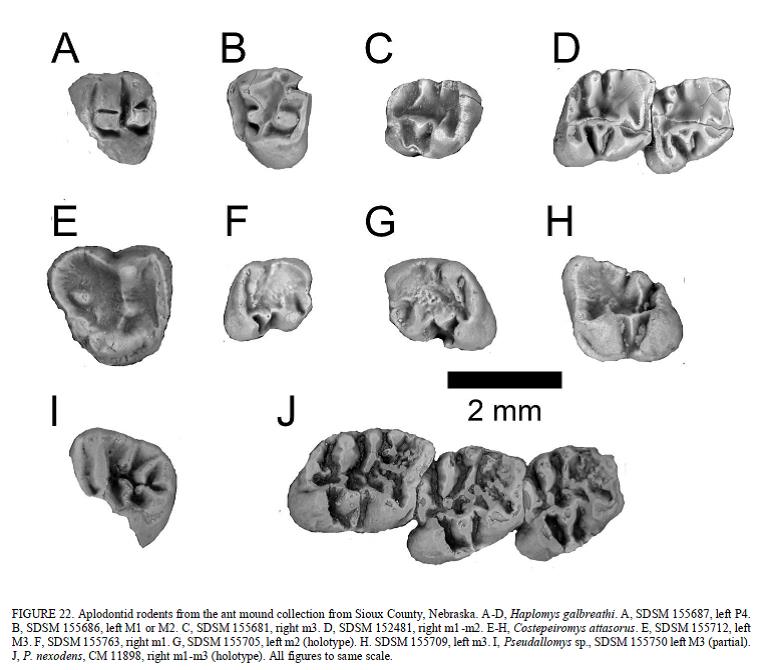
Costepeiromy attasorus
New genus and obviously new species of Eocene rodent from the big cotton wood creek member, Chadron formation of the white river badlands.
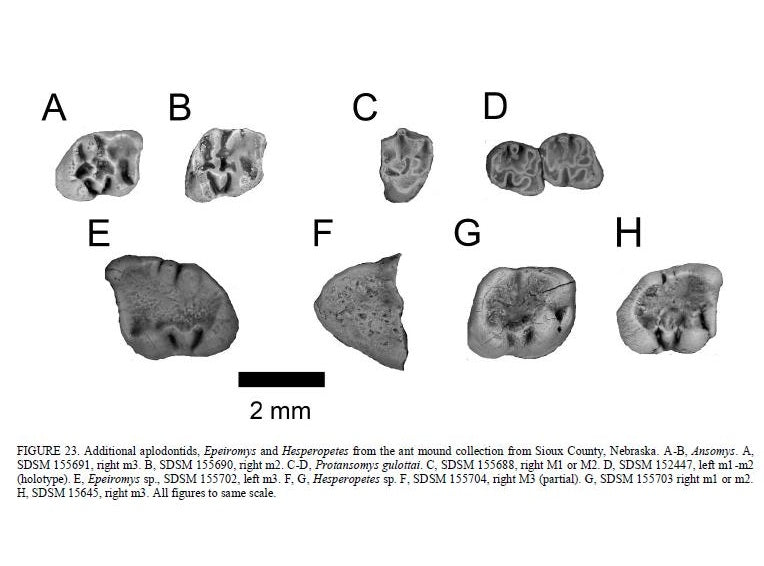
Protansomys gulottai
New Species of Eocene rodent from the big cotton wood creek member, Chadron formation of the white river badlands. This represents a new genus and therefore a new species as well
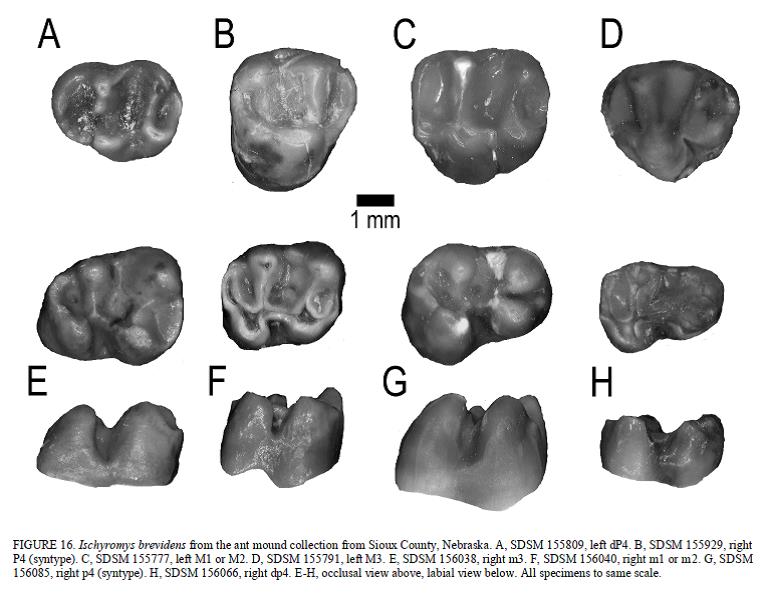
Ischyromys brevidens
New Species of Eocene rodent from the big cotton wood creek member, Chadron formation of the white river badlands.
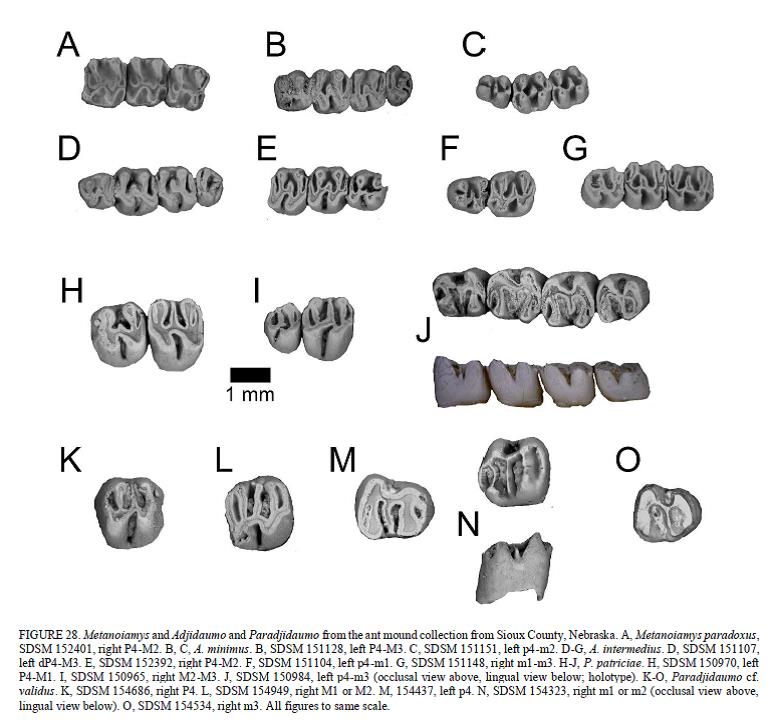
Paradjidaumo patriciae
New Species of Eocene rodent from the big cotton wood creek member, Chadron formation of the white river badlands.
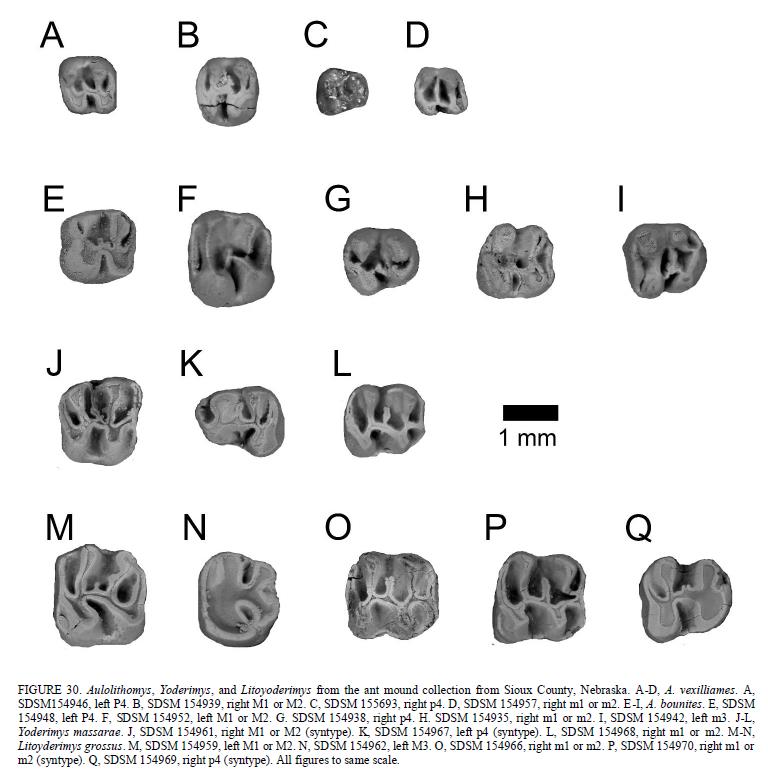
Yoderimys massarae
New Species of Eocene rodent from the big cotton wood creek member, Chadron formation of the white river badlands.
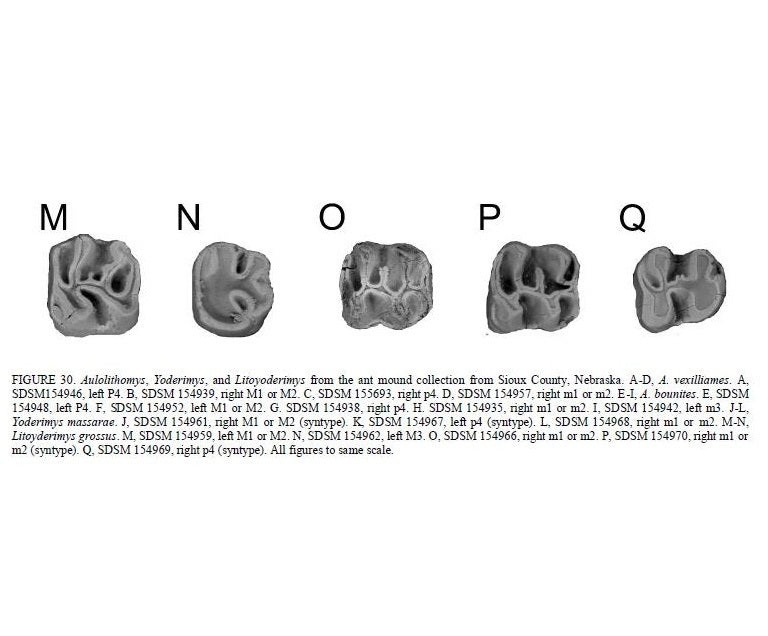
Litoyoderimys grossus
New Species of Eocene rodent from the big cotton wood creek member, Chadron formation of the white river badlands.
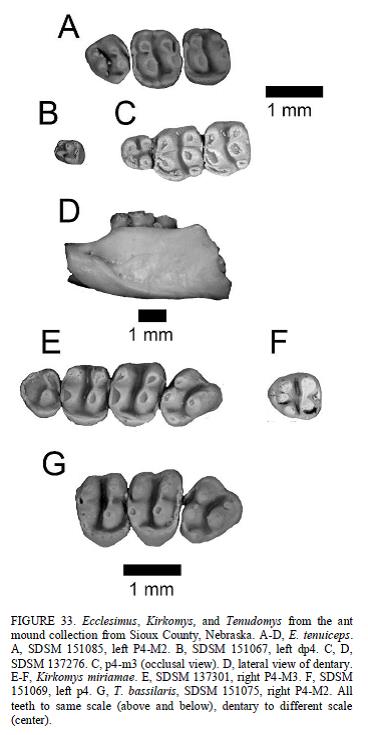
Kirkomys miriamae
New Species of Eocene rodent from the big cotton wood creek member, Chadron formation of the white river badlands.
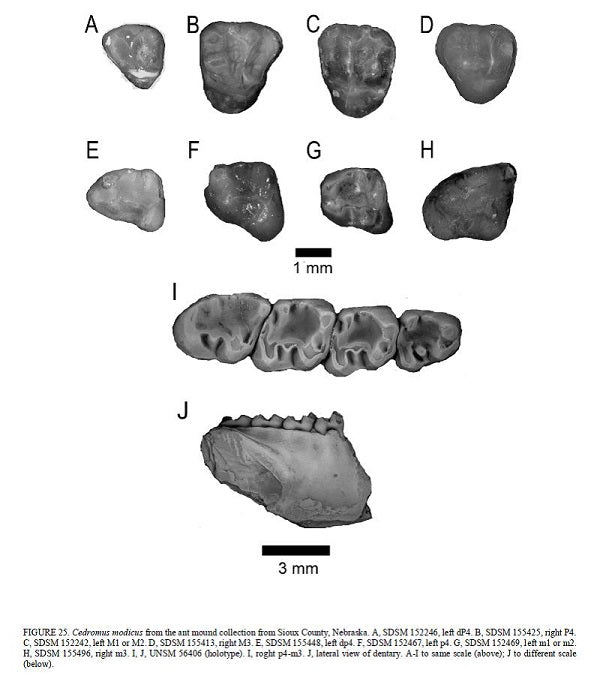
Cedromus modicus
New Species of Oligocene\Eocene rodent from the big cotton wood creek member, Chadron formation of the white river badlands.
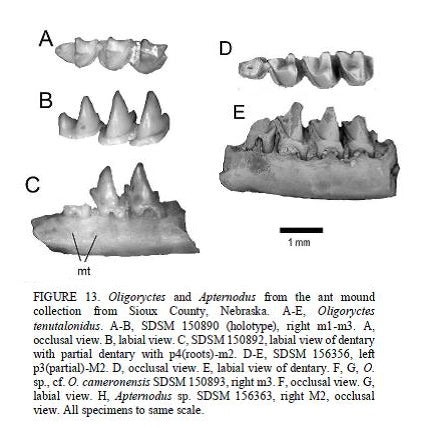
Oligoryctes tenutalonidus
New Species of Eocene insectivore from the big cotton wood creek member, Chadron formation of the white river badlands.

Pseudadjidaumo primoris
A new species of Oligocene eomyid rodent from the Orella Member of the Brule Formation.
Special specimens and publications
This section contains a small sampling of some projects and publications we have spearheaded or taken part in, as well as non new species specimens that we have found and offered up to scientist to be studied. This list is in no way exhaustive and quite frankly only about 30% complete. We've been at this for a long time and it's hard to document every project we have worked on and donations we have made.
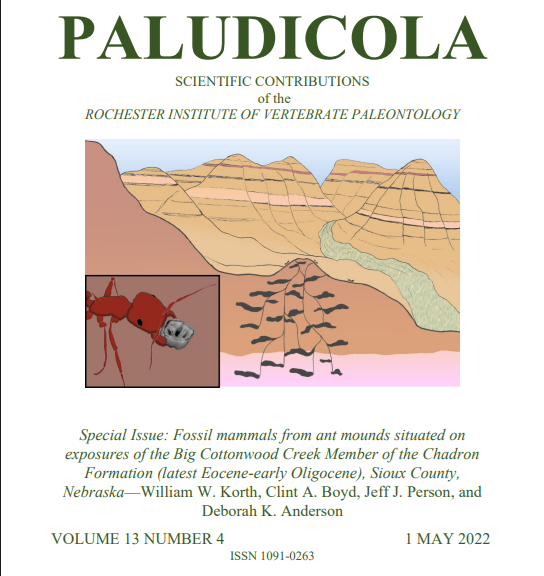
Book on smaller species from the ranch
Lengthy publication created on the specimens we collected from the ant hills on our White River Badlands ranch in Nebraska. This was a massive undertaking and collaborative project. Many thanks to the authors who spent countless hours studying and writing up the over 6,000 identifiable specimens and thousands of unidentifiable specimens that had to be sorted out. This research effort led to the discovery of multiple new species and genus of previously unknow animals

Continued study on specimens we collect from the ant hills on our ranch
This latest paper describes mammal specimens collected from ant hills on the ranch, focusing on those at higher elevations within the Brule Formation of the White River Group (Oligocene). The study identifies one new species of rodent. Huge thanks to the authors for their ongoing dedication to this remarkable long-term research project
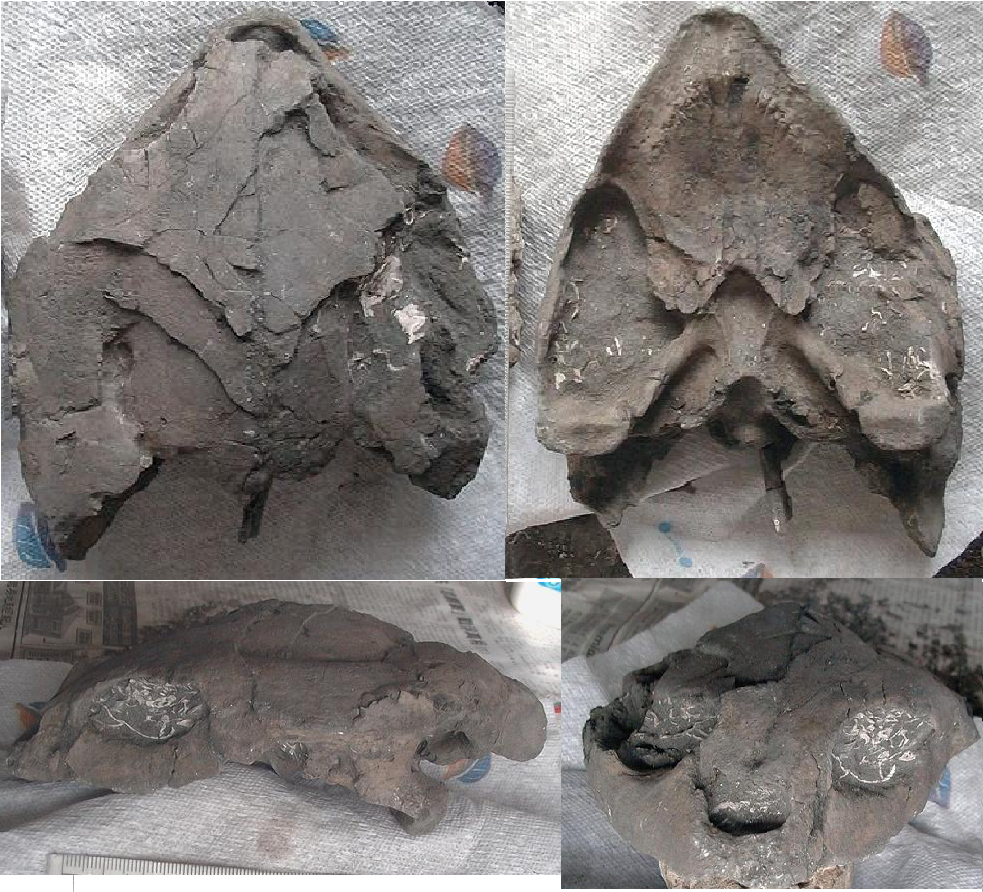
Euclastes roundsi
The best example of a skull from this species that has been found to date
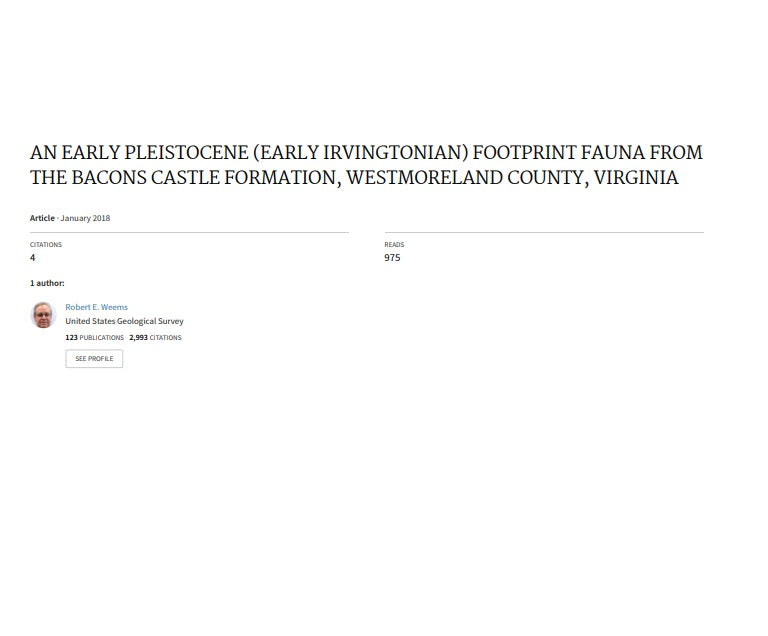
Early pliestocene footprints
Publication we assisted in when we located footprints in bog iron at the Stratford Hall Plantation in westmoreland county VA. Many thanks to Dr. Weems for his efforts on this paper. One new species of animal was found utilizing these footprints.
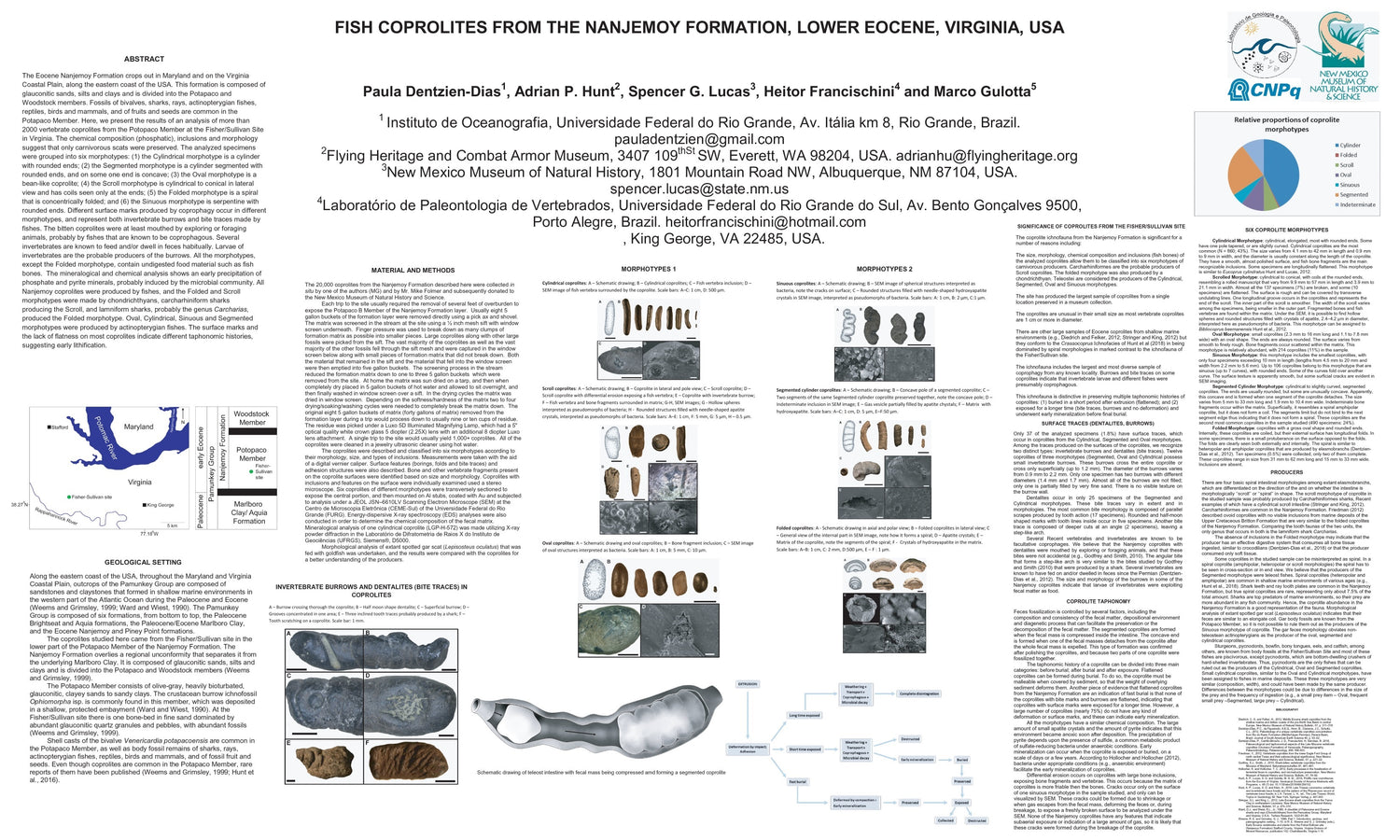
Massive coprolite donation
The donation of over 10,000 coprolites in conjunction with a family friends donation led to this study
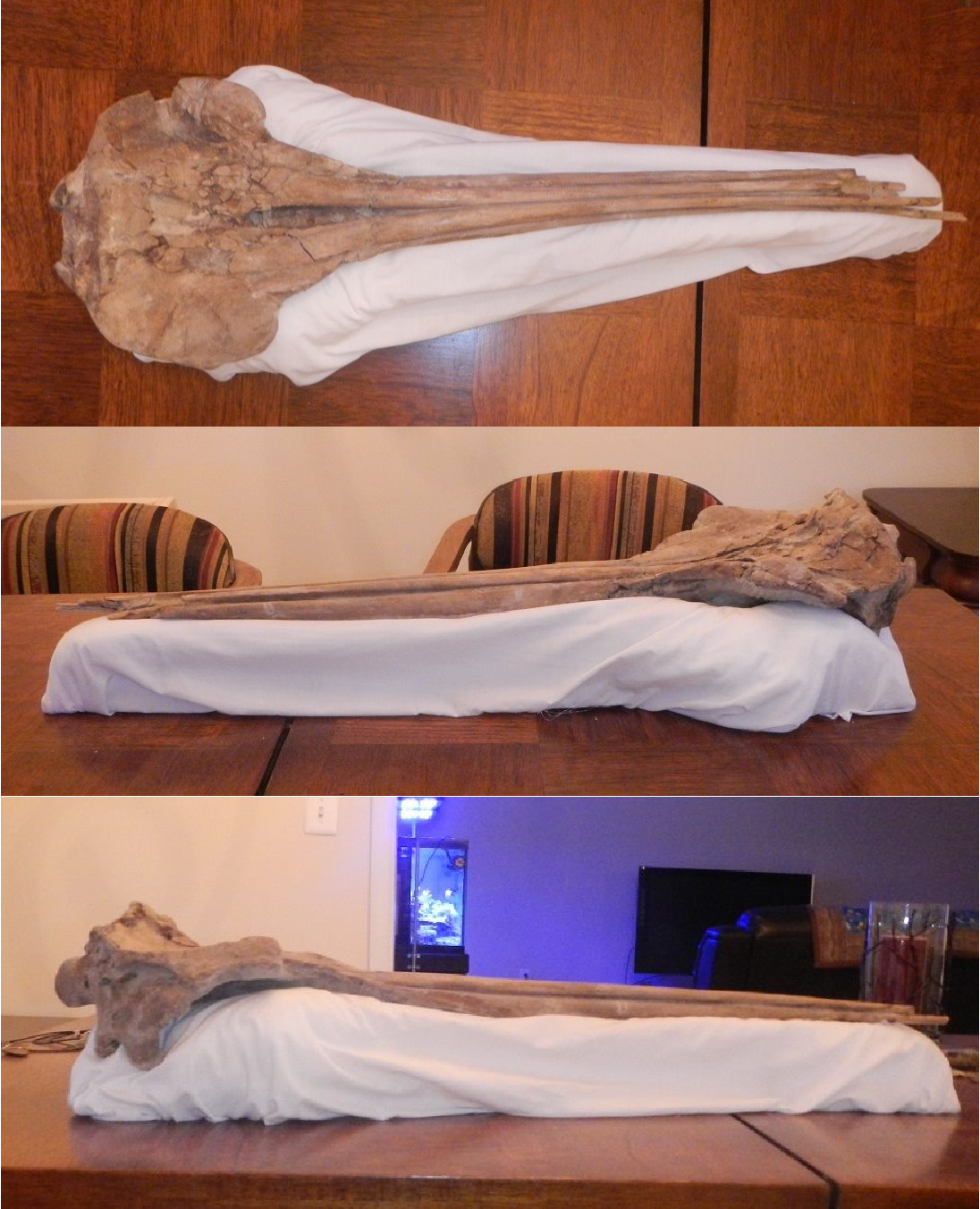
Miocene dolphin skull Westmoreland State Park
Photos of a Miocene dolphin skull that was quarried out of the cliffs at Westmoreland State park in Virginia under a permit we use to be on with the state. The specimen is currently on display in the visitors center. The species has yet to be determined
